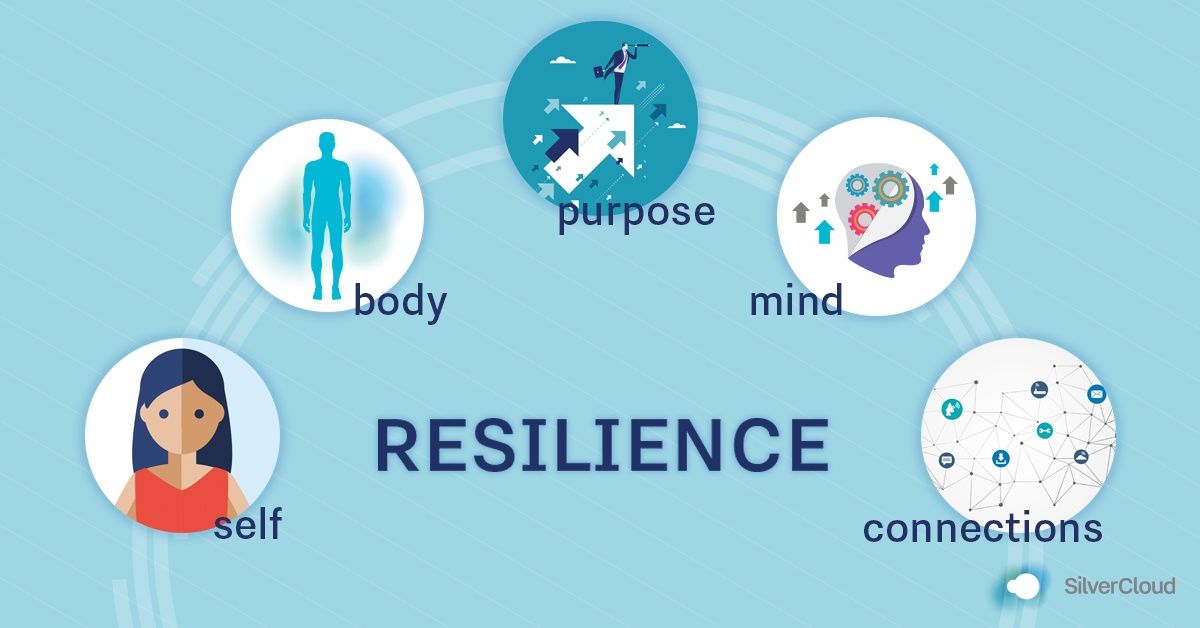In today’s fast-paced world, being able to bounce back from setbacks and face life’s challenges head-on is crucial. Resilience is the ability to adapt and thrive in the face of adversity, and it is a skill that can be developed and strengthened over time. In this article, we will explore the importance of resilience, how to cultivate it, and the benefits it can bring to our personal and professional lives.
The Importance of Resilience
Life is full of ups and downs, and no one is immune to setbacks and disappointments. However, those who are resilient have the ability to overcome obstacles and emerge stronger on the other side. Resilience allows us to maintain a positive outlook in the face of adversity, navigate challenging situations with grace and perseverance, and ultimately grow from our experiences.
Cultivating Resilience
Building resilience is a process that involves developing certain skills and mindset. Here are some strategies to help you cultivate resilience in your own life:
Practice self-care: Taking care of your physical and mental well-being is essential for building resilience. Make time for activities that bring you joy and relaxation, such as exercise, meditation, or spending time with loved ones.
Develop problem-solving skills: Resilient individuals are able to assess a situation, identify potential solutions, and take action to address the problem. By developing strong problem-solving skills, you can better navigate challenges and setbacks.
Build a support network: Surrounding yourself with supportive and understanding individuals can help you weather life’s storms. Lean on friends, family, or colleagues for emotional support and guidance when needed.
Practice optimism: Cultivating a positive mindset can help you maintain hope and resilience in difficult times. Focus on the silver linings, practice gratitude, and remind yourself of your strengths and abilities.
Learn from setbacks: Instead of viewing failures as roadblocks, see them as opportunities for growth and learning. Reflect on your experiences, identify the lessons learned, and use them to inform your future actions.
The Benefits of Resilience
Developing resilience can bring a multitude of benefits to your personal and professional life. Some of the advantages of being resilient include:
Improved mental health and well-being
Enhanced problem-solving and decision-making skills
Greater adaptability and flexibility in the face of change
Stronger relationships and support networks
Increased self-confidence and sense of empowerment
In conclusion, resilience is a valuable skill that can help us navigate life’s challenges with grace and confidence. By cultivating resilience through self-care, problem-solving, support networks, optimism, and learning from setbacks, we can build a strong foundation for success and well-being. Embrace life’s challenges as opportunities for growth, and remember that with resilience, you can overcome anything that comes your way.
